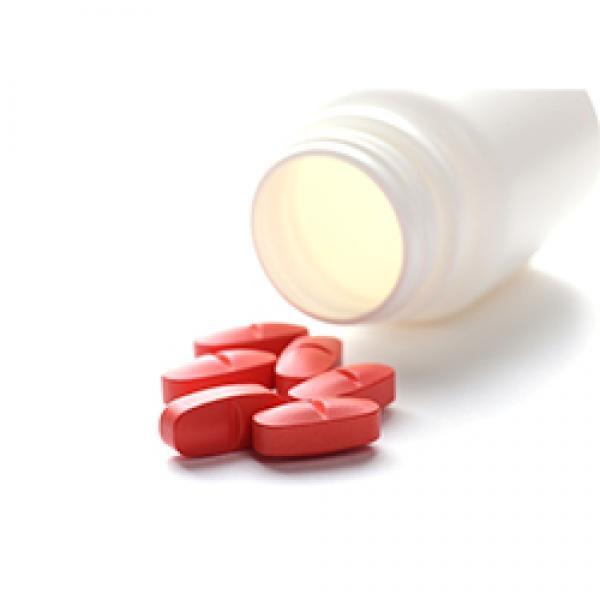
Eliquis: Understanding Its Benefits and Uses
Eliquis is a medication that has gained significant attention in recent years due to its effectiveness in managing various medical conditions related to blood clotting. Known generically as apixaban, Eliquis is classified as an anticoagulant, which means it helps to reduce the formation of blood clots. This article delves into the uses, advantages, and key considerations for those prescribed Eliquis. For those interested in purchasing Eliquis directly, you can find it Eliquis https://farmakeioorama.gr/agoraste-eliquis-se-apeytheias-syndesi-choris-syntagi/.
What is Eliquis?
Eliquis is an oral anticoagulant approved by various health authorities, including the U.S. Food and Drug Administration (FDA). It works by inhibiting specific factors in the blood coagulation pathway, specifically Factor Xa, which plays a crucial role in the clotting process. By preventing the conversion of prothrombin to thrombin, Eliquis effectively lowers the chances of unwanted blood clot formation.
Indications for Use
Eliquis is typically prescribed for several indications, including:
- Atrial Fibrillation: Eliquis is often prescribed for patients with non-valvular atrial fibrillation to reduce the risk of stroke and systemic embolism.
- Deep Vein Thrombosis (DVT) and Pulmonary Embolism (PE): It is also indicated for the treatment of DVT and PE, as well as for the prevention of recurrence after initial treatment.
- Preventing Blood Clots after Surgery: Patients undergoing hip or knee replacement surgery may be prescribed Eliquis to prevent blood clots during their recovery period.
Benefits of Taking Eliquis
One of the primary benefits of Eliquis is its predictable pharmacokinetics, which means that it does not often require routine monitoring of blood levels, unlike some other anticoagulants. This convenience makes it an attractive option for many patients. Other benefits include:
- Rapid Onset of Action: Eliquis starts working quickly, providing rapid anticoagulation for patients who require immediate treatment.
- Lower Risk of Major Bleeding: Studies have shown that Eliquis may present a lower risk of major bleeding events compared to other anticoagulants, such as warfarin.
- Flexible Dosing: The dosing regimen for Eliquis is straightforward, with most patients taking it twice daily without the need for complicated dosing adjustments.
Potential Side Effects
Like any medication, Eliquis is not without potential side effects. Some common side effects reported by patients include:

- Bleeding complications (such as bruising, nosebleeds, or bleeding gums)
- Nausea
- Fatigue
Severe allergic reactions and major bleeding are considered serious side effects that require immediate medical attention. It is vital for patients to discuss their medical history with their healthcare provider to mitigate potential risks.
Drug Interactions
Eliquis may interact with various other medications, affecting its efficacy or increasing the risk of side effects. Patients should disclose all medications they are taking, including over-the-counter drugs and supplements. Some notable drug interactions include:
- Strong CYP3A4 inhibitors (like ketoconazole) and inducers (like rifampin)
- Other anticoagulants or antiplatelet agents
Careful management of these interactions is crucial for ensuring the safe and effective use of Eliquis.
Who Should Avoid Eliquis?
While Eliquis is effective for many, certain individuals should avoid its use. These contraindications include:
- Patients with active bleeding disorders or conditions that increase the risk of bleeding
- Individuals with severe hepatic impairment
- Pregnant women, unless specifically advised by their healthcare provider
It is essential for patients to have thorough discussions with their healthcare providers to determine if Eliquis is right for them.
Conclusion
In summary, Eliquis is a valuable tool in the management of anticoagulation therapy, offering numerous benefits such as convenience and a lower risk of bleeding compared to traditional anticoagulants. However, it is critical for patients to understand its potential side effects, drug interactions, and contraindications. As with any medication, adherence to prescribed guidelines and ongoing communication with healthcare providers can enhance treatment efficacy and safety. Always consult with your healthcare professional before starting or stopping any medication.